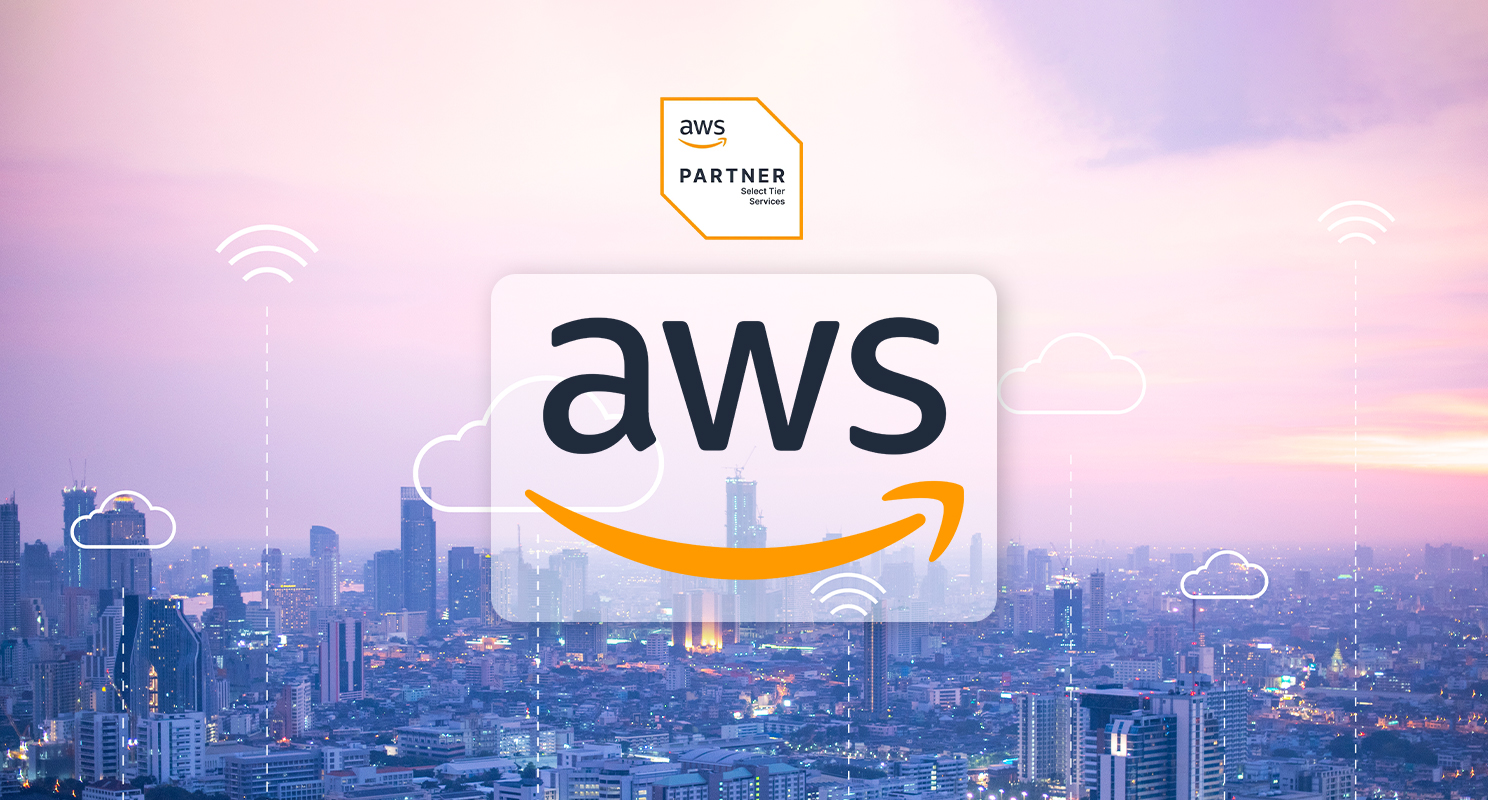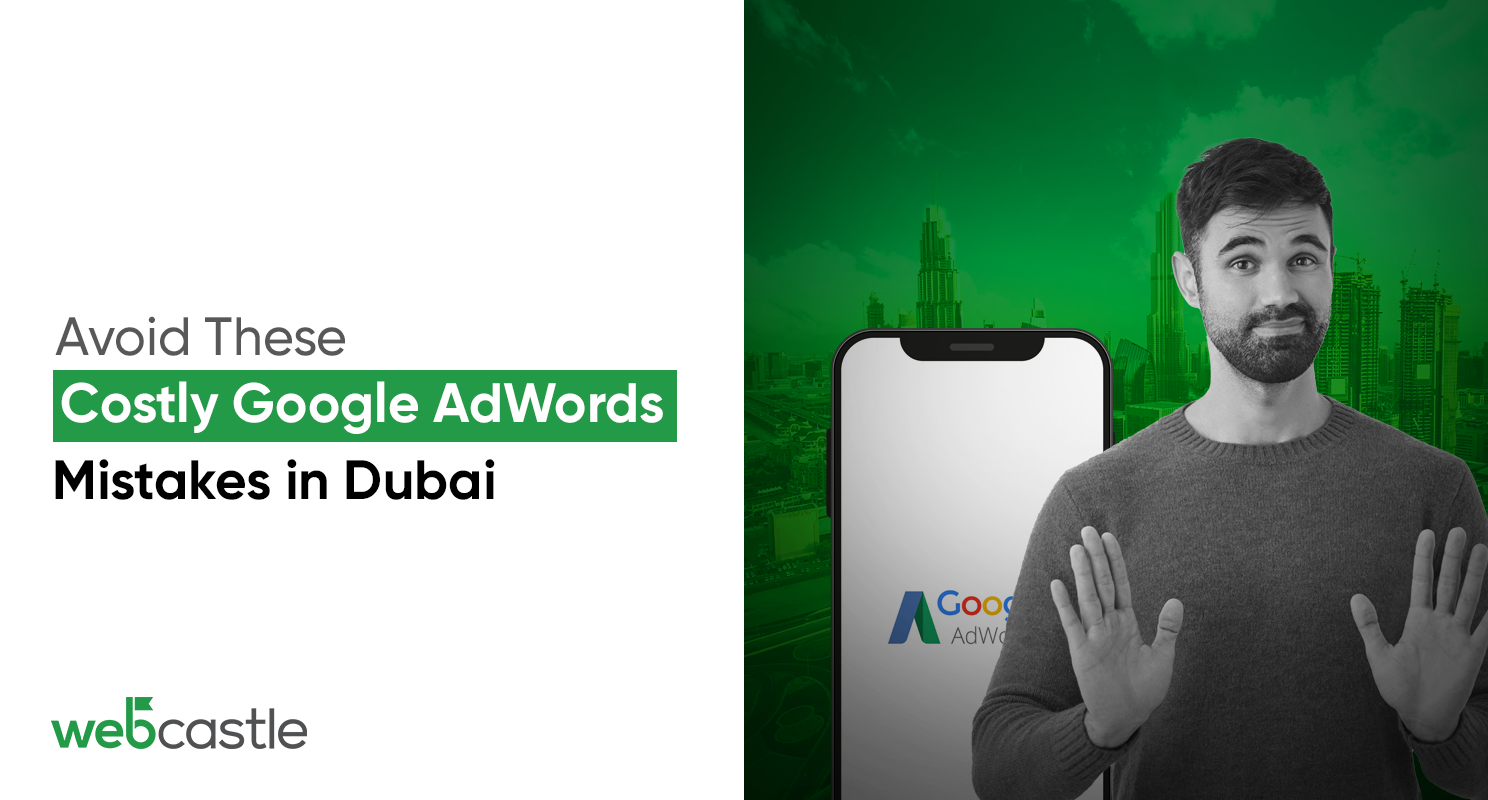There has been a radical change in the digital transformation of business. Mobile apps are leading the business and have become any company’s power that typically works better than any marketing tool. Businesses are looking for new strategies from mobile application development companies in Dubai, to prepare them to face the future. A working mobile strategy
Native Apps also offer a more robust personalization in the quantity and frequency of customer interactions and is the most important aspect to achieve.
Digital consumption is the torchbearers of the digital revolution allowing global businesses to re-strategize their online user experience. The innovation alleviates the time and investment needed to get your mobile ecosystem to where it is today, allowing the global business to re-strategize its online user experience.
Mobile business platforms through internet access on mobile devices skyrocket than the one with no mobile strategy, which could lose by all means. So some opt for both Native and PWA apps.
Let us do an in-depth comparison in terms of their differences and benefits and conclude on which is the better option to choose.
Progressive Web Apps and the Future
The PWA (progressive web app) technology is new in the market. The previous one is native and hybrid. The progressive web app (PWA) brings in a tremendous lift in mobile app development, to deliver a great experience and good results. It combines the functions of the native app and the accessibility of a website and just works better than your typical mobile site.
PWAs act exactly like their native counterparts to make the user experience immersive with any accessibility issues to be eliminated and switch faster across desktop websites, mobile apps, or mobile websites. They are an extremely efficient way to deliver your digital experiences when compared to native apps.
Progressive apps have higher conversion rates due to the high traffic and consumer time is high on mobile than on the desktop. PWA mobile application development Dubai, operates more like native applications providing tangible potential for business impact. Progressive web apps provide impressive unified user engagement through the mobile web.
PWAs can also access the hardware capabilities to work as mobile apps to offer functionality, such as push notifications and offline mode. They focus on UX design and intuitive UI to offer a more unified experience with the same UI in the web app and browser version. A single interface learning would be sufficient to make it consistent and straightforward for better cross-browser functionality.
The PWA’s are well packaged responsive apps that can be easily installed and accessed directly from the home screen providing you with a rich user experience. They tend to break the os dependency norm and are independent of the operating system or device.
PWA’s are considered as the up-gradation to the mobile web, resulting in significant improvements; that is the performance improvements.
PWA vs Native Apps
Native apps are run on mobile devices whereas the PWA apps are run on a web browser.
Language
The programming languages on each also differ, like, the native app uses Objective-C and Swift for iOS and Java for Android and the PWA uses HTML, CSS, and JavaScript.
Cost
Progressive apps are proven to be cheaper than native apps. Native app building comes across to be different on each platform with the different programming languages for each. So studying the different programming languages for different platforms will be a task. Also matters are the resources to update and maintain the iOS and Android versions. Time and money become huge depending on the complexity of the developing app.
Faster to build and update
PWA mobile app development Dubai, help us to achieve from scratch a single code base and perform, display and behave the same on all devices.
Distribution
Users don’t know where the progressive apps are available. The app store search will take the users to native apps and the google search results take them to the PWA’s. The native apps reside in device-specific app stores, like, play store, windows store, Apple’s app store, Amazon’s app store and so on. To download a progressive app all you need is a web browser and a URL. This quality takes PWA’s to reach a large audience in a short time, being convenient to you and the user. Also, being published in a reputed web store can give you a quick branding and sales boost.
Discoverability
Native apps reside in the app stores and enhance the in-store ranking by ASO (App Store Optimization). Extra time and cost are involved through the keyword research, creative title and meta description, categorization and third party downloads and reviews. PWA is indexed on the search engine highlighting increased engagement and performance to rank better.
Performance and storage
Installing an app captures the most valuable resource of a device, the memory. PWA’s great feature is that they do not require any downloading and installation. Native apps deliver the best performance leveraging platform-specific tools and technologies.
User Engagement
User engagement is crucial for any business, the more they spend on your platform increases the probability that they will buy your product or service. The push notifications from the installed app allow them to receive customized and relevant updates. Push notifications functionality of the native apps welcome new users about what are your products and services and provide better engagement, as they can quickly access the app many times without the need to type in a URL. Progressive web apps from app development companies in Dubai also allow you to send push notifications and good engagement without the need for users to download them or even be online.
Security
In comparison, native apps have more security options than the PWA’s. When the comparison is done between PWA and the normal web apps, the PWA’s are more secure. PWA client-server communication is always secured with security protocols. Multi-Factor Authentication is also possible in native apps.
Examples for PWA and Native
Any app that you download on your phone from an app store falls under the category of a native application and the Twitter Lite, Pinterest, Telegram, Tinder, AliExpress, FlipBoard, or the 2048 mobile game on your laptop, are of PWA.
Native App or PWA?
One does not replace the other with their own strengths and weaknesses. The choice has to be made depending on your app vision and how they need to excel.
If you prefer brand credibility, then the native apps enhance reliability with more security options and other smartphone features.
If you want to develop a simple app to launch your business and does not require a download, then you have to go with the PWA. With this approach, you can achieve brand awareness through SEO strategies as they work as a website. The PWA also becomes the choice, when you have budget and time constraints.
The PWA’s and native app comparison comes to be always contrasting, but the PWA is not an alternative to native apps. The main and acceptable difference is in the user experience. The vanity apps by a mobile app development company in Dubai tend to be replaced by the PWA’s and of course the native and PWA’s exhibit performance barriers. Both types of apps, PWA and native, need to stay in the market, depending on the business goals that crave for an app!















































































































































